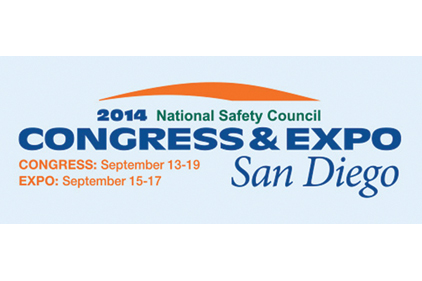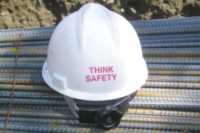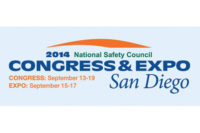In what ways will your session take the form of a workshop?
The program is highly interactive with a series of experiential exercises and a “controversial debate process” where opposing points of view are adopted by teams and to be discussed. It allows for discussions and analysis of one’s own practical work environments.
What is the most important takeaway you want attendees to leave your workshop with?
An understanding of the concept of “Deep Safe” and its constituent parts, and how that they can make small but fundamental changes to their own organizations – in line with that thinking and model.
How did you develop the “Deep Safe” stratagem or system of safety?
The term “Deep Safe” is one that I've developed to describe a safety capability that exists "deep inside" the organization. It refers to an approach where safety is inherent and therefore invisible in the work processes of the business.
The typical high-risk work environment (fire fighters, the Marines, the air craft carrier deck) doesn't think of a business goal and then add safety to it. It is a given in their organization that safety will be achieved, as "high as reasonably achievable." These organizations are able to achieve extraordinary safety, but know that the ultimate safety of safety (zero) is not possible. They achieve this not by being good at safety, but by being good at risk - and by being "risk competent.” I have developed this concept after some years of “deep” thought of why high-risk organizations are able to operate at relatively high levels of safe performance, and studying the so-called high reliability organization (HRO)
Why do you believe safety practices need to be improved upon in the future, as in “Deep Safe”?
The current safety practices of a typical organization today are based on largely outdated philosophies of management and of human behavior. Safety still operates on typical Newtonian-Taylor model, and behavioral psychology. These approaches simply don't “fit” with modern, complex and dynamic work environments anymore.
Corrie Pitzer is CEO - SAFEmap International, Vancouver, Canada; cell Canada: +1 604 762 6849; office Canada: +1 604 640 6110; cell Australia: +61 487 192 756; office Australia: +61 7 3236 0100



